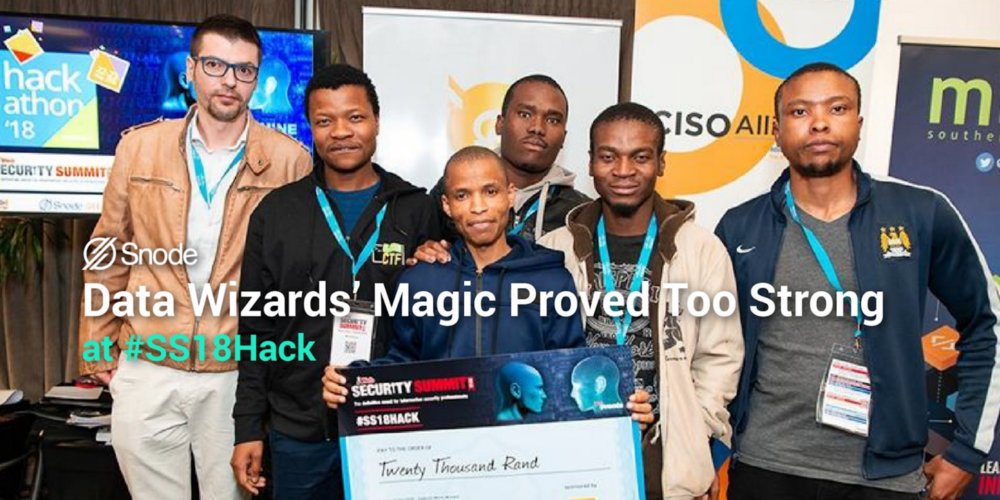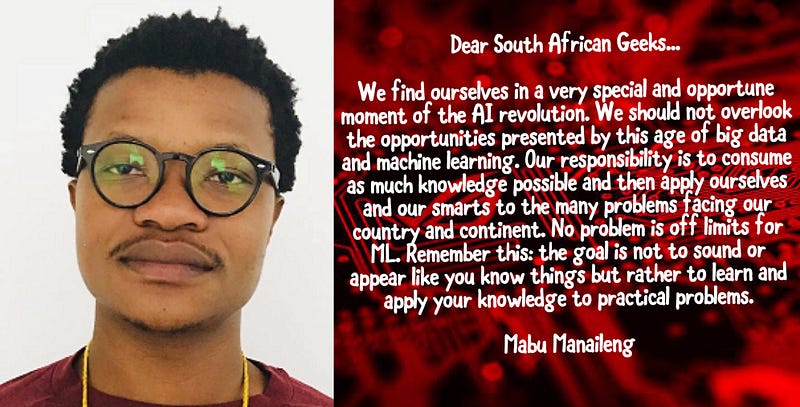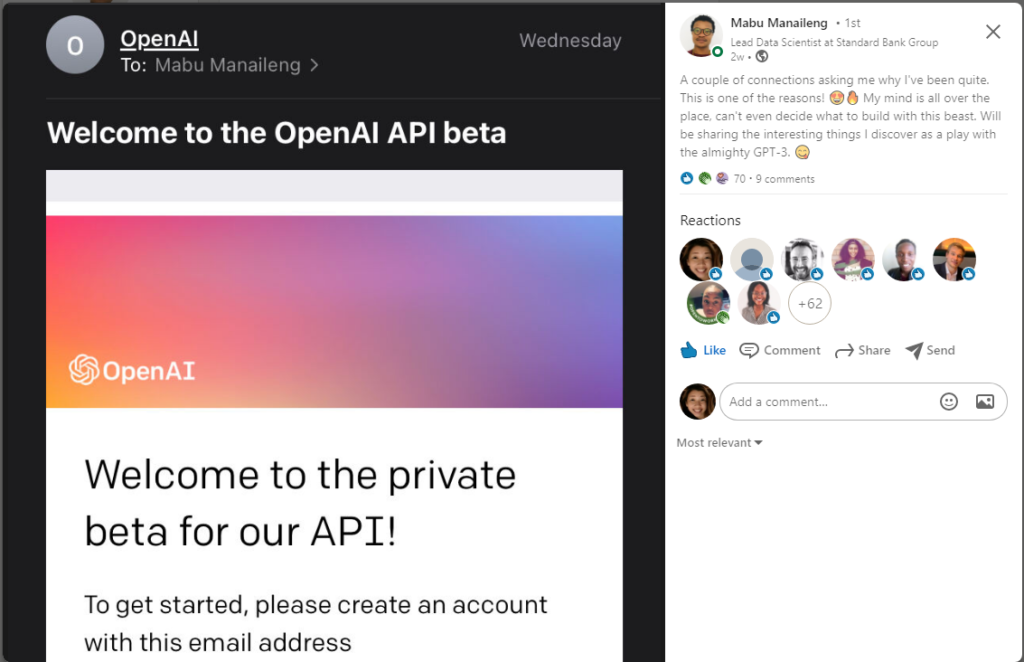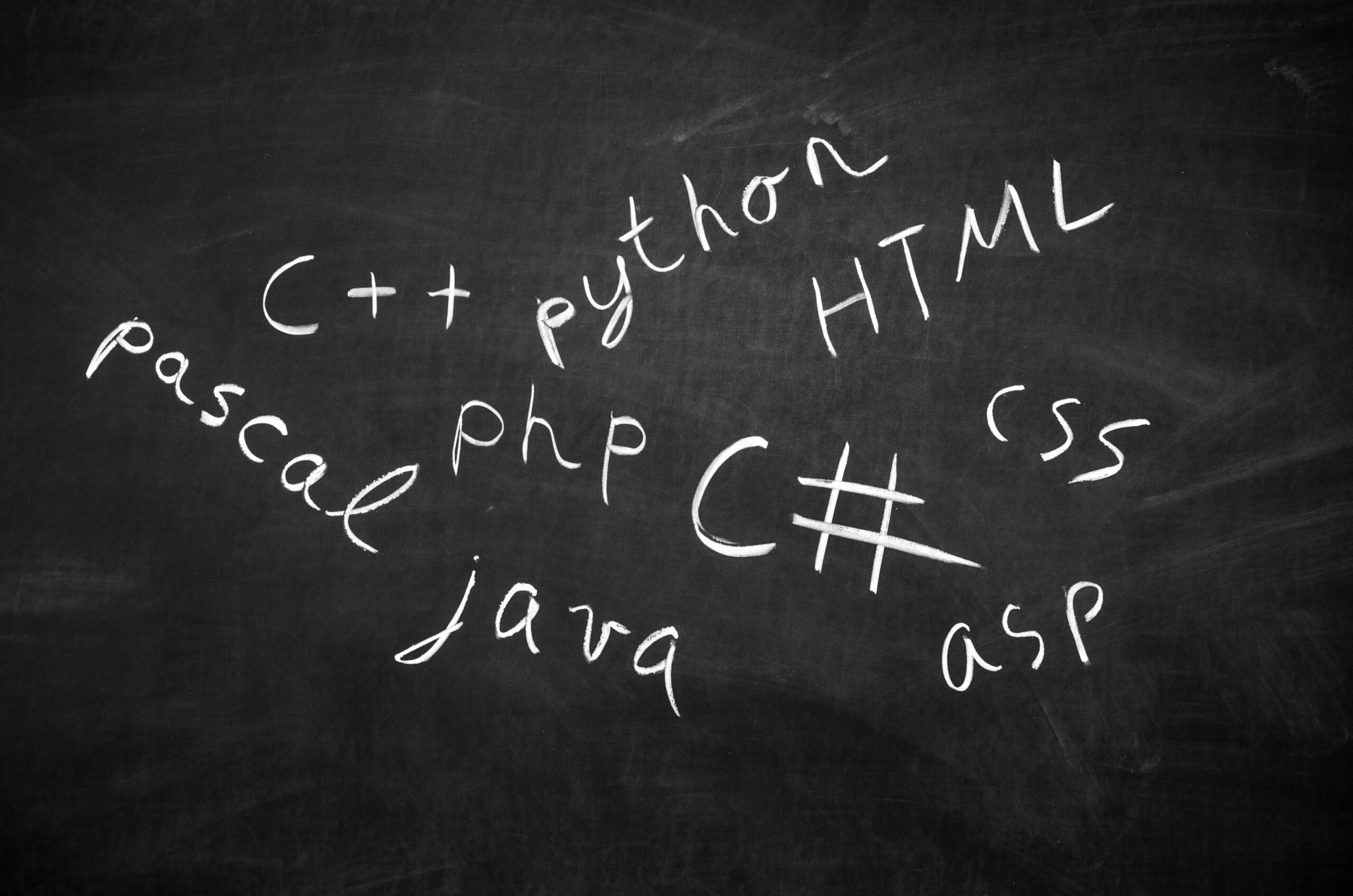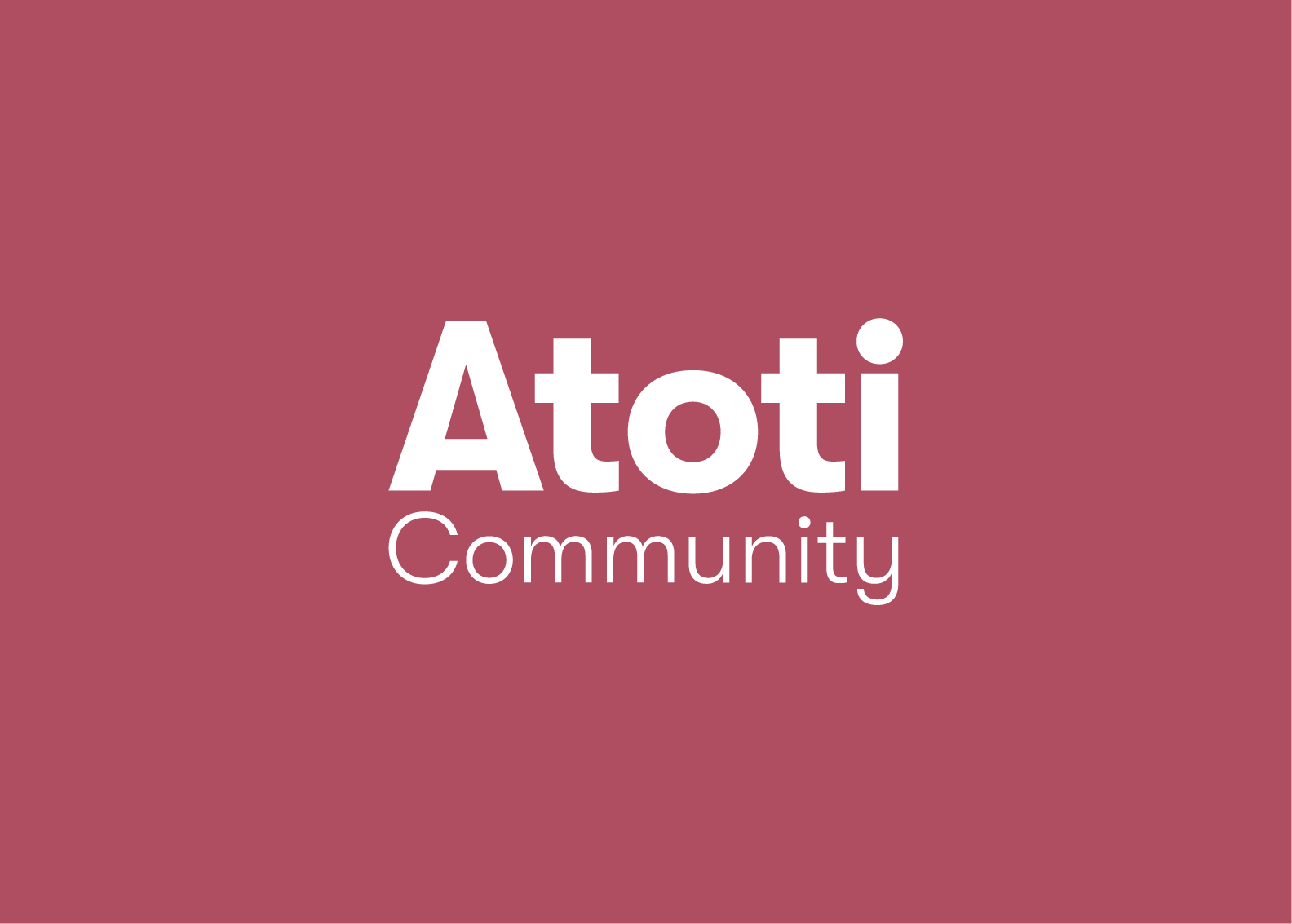Envisioning a level playing field for all
Many African’s leave the country to obtain a more ‘global’ platform to try their hand at becoming among the best in their fields. Many couldn’t find a viable way to apply their AI and machine learning expertise in Africa.
Instead of waiting hopefully for new opportunities to arise, Mabu Manaileng actively looked for ways to open them up for himself instead.
Read on to find out more about the movie-like journey that he embarked upon. We’ll explore how he got to where he is now, and where he seeks to be heading next.
Huifang: What made you want to dive into the deep end and co-found the Datawizzards?
Mabu: We actually started Datawizzards out of frustration. I just graduated from university with a master’s degree with a focus on artificial intelligence, alongside my co-founder. We were super excited about AI, reading and writing papers on what these technologies are capable of doing.
Despite our enthusiasm, people were skeptical about AI in South Africa. Companies needed programmers but not necessarily doing machine learning.
To most people, artificial intelligence and machine learning are just buzzwords that don’t do what it’s supposed to.
So, we founded the Datawizzards as a channel to express our machine learning potential and demonstrate to companies what they can do with it.
Huifang: What did you do with Datawizzards in an attempt to change the opinions towards AI in South Africa?
Mabu: There’s an organization in South Africa that hosts hackathons across the country. So we decided to go to the developers and show them exactly what machine learning can do.
DataWizards wow at ITWeb Security Summit hackathon #SS18Hackhttps://t.co/dfdPLYKW6L
— G E E K U L C H A 🇿🇦 (@Geekulcha) May 25, 2018
We participated in a lot of hackathons. We built and demonstrated machine learning solutions such as detection models and other fancy stuff. We wanted to instil the idea of machine learning into other people by showing them its real capabilities. Eventually, we got noticed and companies came to us in order to consult about what they can do with it.
Here's everything you need to know about what went down at this year's #SS18Hack in partnership with @Geekulcha and @ITWeb! https://t.co/8IvnOdzsiT #CyberSecurity pic.twitter.com/SYFgeF1UJo
— Snode Technologies (@Snode_Tech) May 29, 2018
In one of the hackathons, we built an end-to-end platform that incorporates fraud detection with monitoring. Nobody believed that we actually did it. Judges thought we downloaded a tool online until we showed them our code.
One of our first machine learning projects was for a security company in Sandton where they were trying to solve a problem with a software engineering approach. We came in as the Datawizzards and reviewed it. We determined that we could actually build a model as a solution for it thereafter.
I envision that, with companies realizing the true value of machine learning, it will cause a ripple effect. Others will begin to jump on the bandwagon.
When a bunch of people try competing, we get a bunch of AI startups bubbling all over South Africa and eventually, over Africa.
Similar to how China experimented by investing in their people to try and innovate, some of these startups may fail, while others succeed.
Huifang: Being freshly out of university back then and also a #Top15YoungGeek Did the “kids coding” stereotype hold you back in your startup process of Datawizzards?
Mabu: This is something that’s very controversial, maybe it’s Africa specific. If you look at public listed companies on the JSE (Johannesburg Stock Exchange), there’s a “white trend”.
Imagine how these white-managed companies would look at these young, weird-looking black African kids coming in, trying to sell them a machine learning product.
It’s been really hard and took a long time for people to take us seriously. Winning the hackathon is not enough. The only way to get their attention is by doing something bold that they all thought couldn’t be done.
We’ve created a lot of astonishing tried and tested products, proving ourselves that way. Only then did we start seeing big brands reaching out to us for help.
Huifang: What are your future visions for the Datawizzards?
Mabu: First of all, we want to be a well known, reputable machine learning and AI company in Africa. Second of all, we want to be a 50% women-owned company because we want to level the playing field between the two genders.
Men and women are at the same starting line for data science and machine learning in Africa because they are all new to it.
We want to set examples for others by creating this vibe of gender equality, hoping that this will trigger them to replicate this behaviour via competition.
There are a lot of things that we want to do with the Datawizzards. We have been able to achieve a bunch of them but there’s still a long way to go.
Huifang: So what would be the next target on your list?
Mabu: Natural Language Processing (NLP) as technology has become so prominent and its application is nothing short of astonishing. As you can see on my LinkedIn, I have gotten admission to OpenAI API beta to play with GPT-3. As usual, most people join the party late in Africa. We are going to blow them away by showing them what we can do with NLP.
So, instead of our usual consultancy services to help companies with the designing and building of new technologies, we will go back to our initial strategy of creating a push-to-market product. I’ve already started recruiting a team who will work on exciting projects in the NLP field. I can’t wait to see how this unfolds in the next 12 months.
Huifang: How different is working in Datawizzards and large corporations?
Mabu: The Datawizzards are a very modern company where we do the latest stack or the latest machine learning models. I can spend a whole week doing machine learning research to figure out the best way to solve a problem. You can’t do that at a large corporation because you have to push the objectives within deadlines.
Big companies prefer to buy software instead of having in-house solutions. One of the biggest fights I’ve had to complete in my corporate job was for the need to build one of our own solutions.
If the way to do machine learning is to buy a robot, then data scientists in the corporation will never be able to learn anything about building machine learning capabilities.
We want to be very strict and very intentional in making sure that the in-house team gets to work on the problems. Let them try and if they fail, you can always get some help. This will help to develop the machine learning capabilities within the country.
Mabu has this energy in him that motivates people into taking action. I can foresee Datawizzards growing bigger in the near future and who knows, they may be the next Google of Africa!
Stay with us as we find out more about Mabu’s thoughts on Big Techs in Africa and how he contributes back to the community that provided for him.

